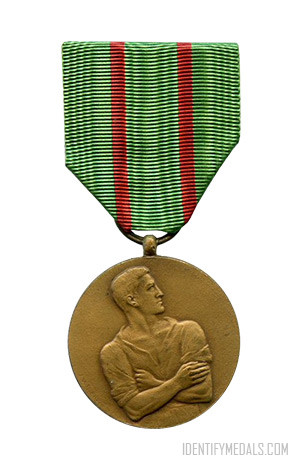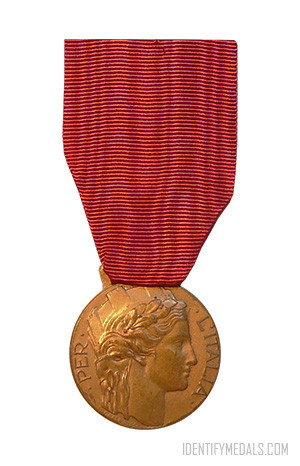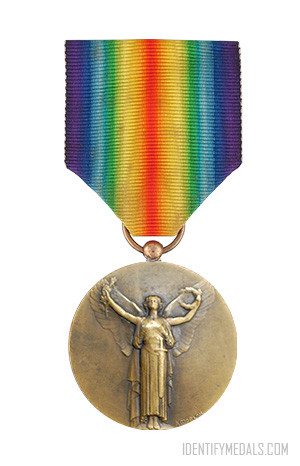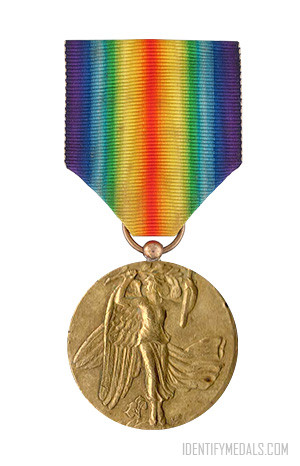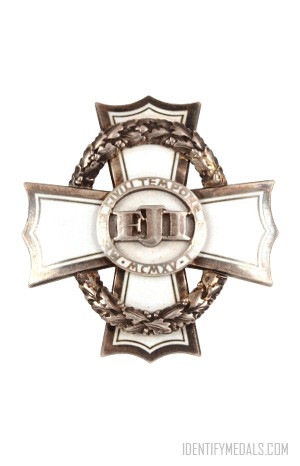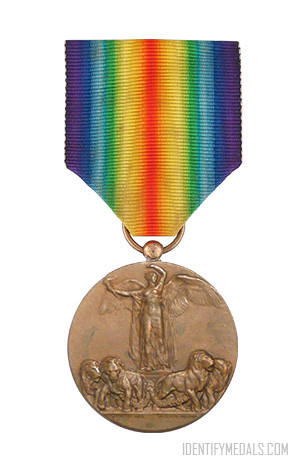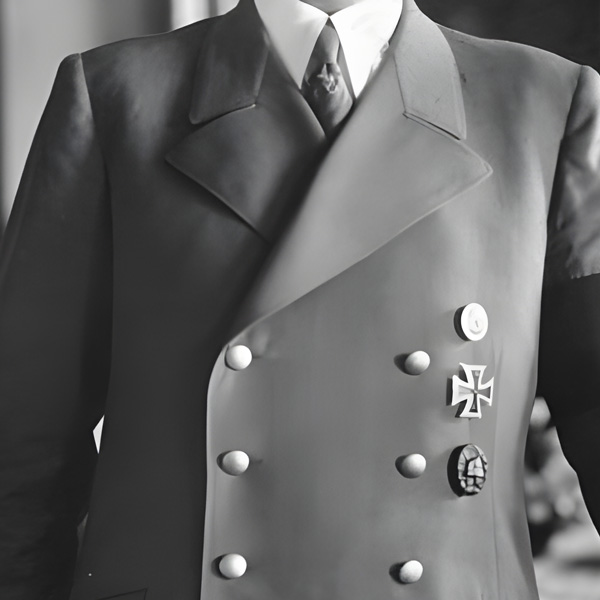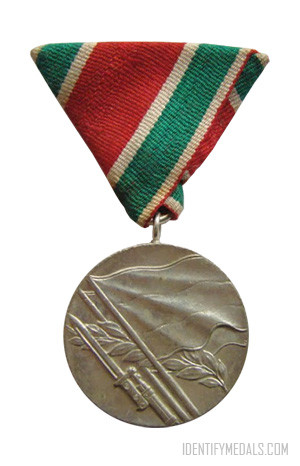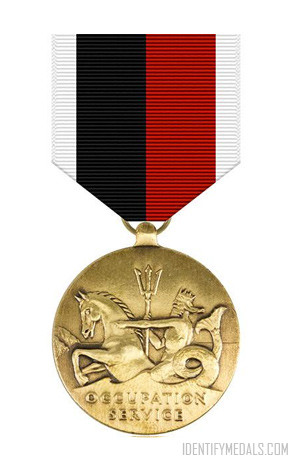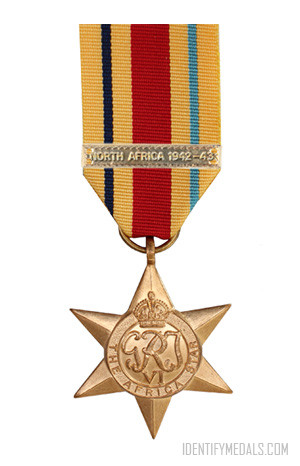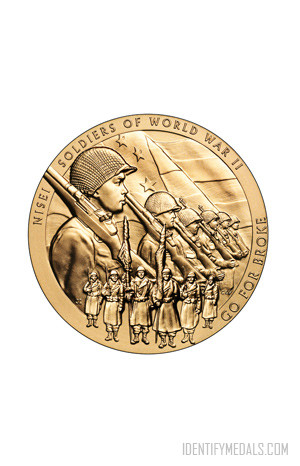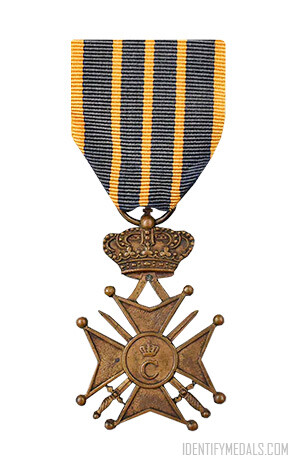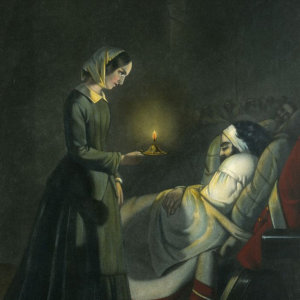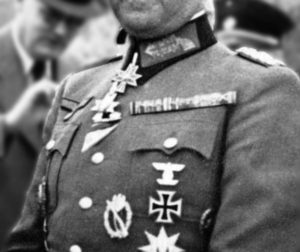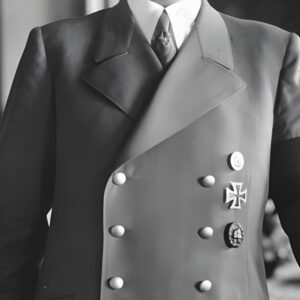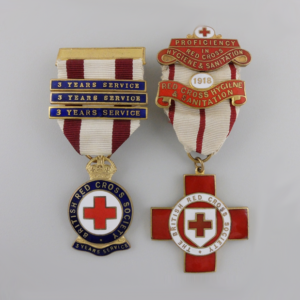- Time Period: Second World War
- Institution: 12 February 1951
- Country: Belgium
The Civilian Disobedience Medal (Médaille du Réfractaire / Werkweigeraarsmedaille) is a war service medal of the Kingdom of Belgium established on 12 February 1951 by royal decree and awarded to Belgian citizens refusing to support the German war effort during the Second World War.
The Civilian Disobedience Medal Design
The medal measures 37mm in diameter, and is circular and struck in bronze.
The obverse bears the relief torso of a civilian male with his arms crossed and his face turned away to the right in defiance. The reverse bears the relief inscription on two lines in Latin “FORSAN VICTI NUNQUAM SERVI” roughly translating into “MAYBE DEFEATED BUT NEVER SLAVES“. The years “1940-1945” are inscribed along the reverse’s upper circumference.
The ribbon measures 38mm wide and is silk moiré green, with two 3mm wide longitudinal stripes located 1cm from the edges, the stripes came in three different colors depending on the reason for bestowal:
- yellow stripes indicated a refusal to serve in the German armed forces;
- white stripes indicated a refusal to work for the Germans;
- red stripes indicated a refusal to return to Germany by a forced laborer following leave at home in Belgium.
The medal is suspended by a ring through a suspension loop.

